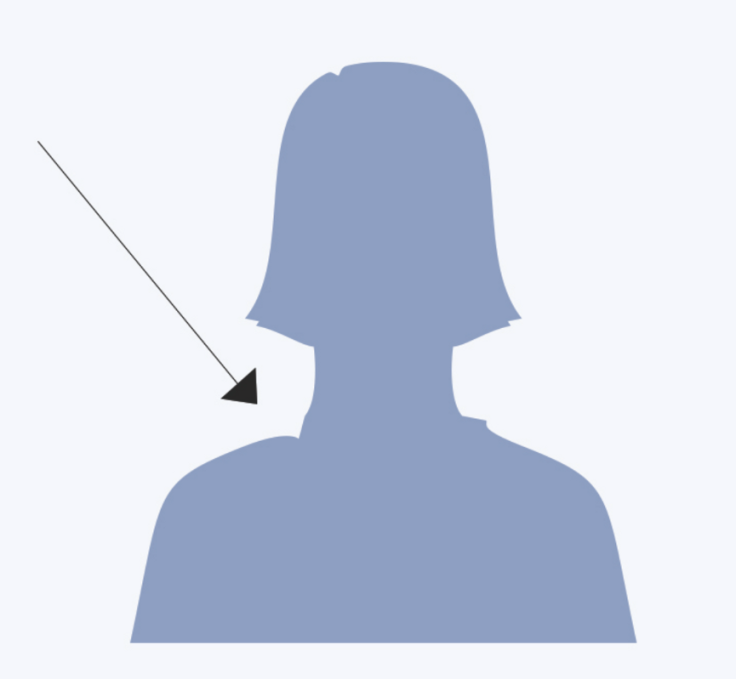Facebook icon gets a feminist makeover


Facebook has made a symbolic tweak to its icons to bring women from the shadows and have their arms reinstated.
The design change, which many may think was long overdue, saw the woman in the Friends icon brought to the front from behind the man.
The lopped off arms of the female avatar too were made up for while rectifying the chip on a shoulder.
The changes to the tiny icons in the upper right-hand corner of the social networking site may go unnoticed by the networking site's 1.4 billion users, but to many like design manager Caitlin Winner, they go a long way in correcting gender stereotypes.
Winner first addressed the chip on the shoulder and moved on to the Darth Vader-like helmet of the female avatar to give the hair some definition.
A slightly more shapely bob fit the bill, she writes in a blog.
The make-over also saw the man get his hair smoothed down and a slight slope given to his shoulder.
She then moved her attention to the lone man in the Add Friend icon and replaced it with a neutral silhouette.
"As a woman, educated at a women's college, it was hard not to read into the symbolism of the current icon; the woman was quite literally in the shadow of the man, she was not in a position to lean in," Winner wrote in a blog post on Medium.
The result of the change was the woman, slightly smaller, moved to the front in the Friends icon.
Facebook began to roll out the changes for desktop and mobile users this week.
The move is timely with heightened awareness about gender disparities and myths that persist. According to the US census bureau, in 2013, women were making £7000 less a year than men.
More men opt for computer science and engineering careers as against social work, arts and healthcare chosen by women, thanks to gender perceptions that have perpetrated myths like Barbies for girls and guns for the boys.
But the biases are increasingly being exposed as in a recent analysis that showed that more men end up doing math and take the elitist road to careers in science and engineering, simply because they believe they are smarter than they really are, while women are more grounded.
The Washington state university study disproved any claims of male math superiority.
In another gender comment albeit made in humour, British Nobel Laureate Tim Hunt set off a storm with his comments of "trouble with women in labs" who cried if criticised. Another stereotype?
© Copyright IBTimes 2025. All rights reserved.



















